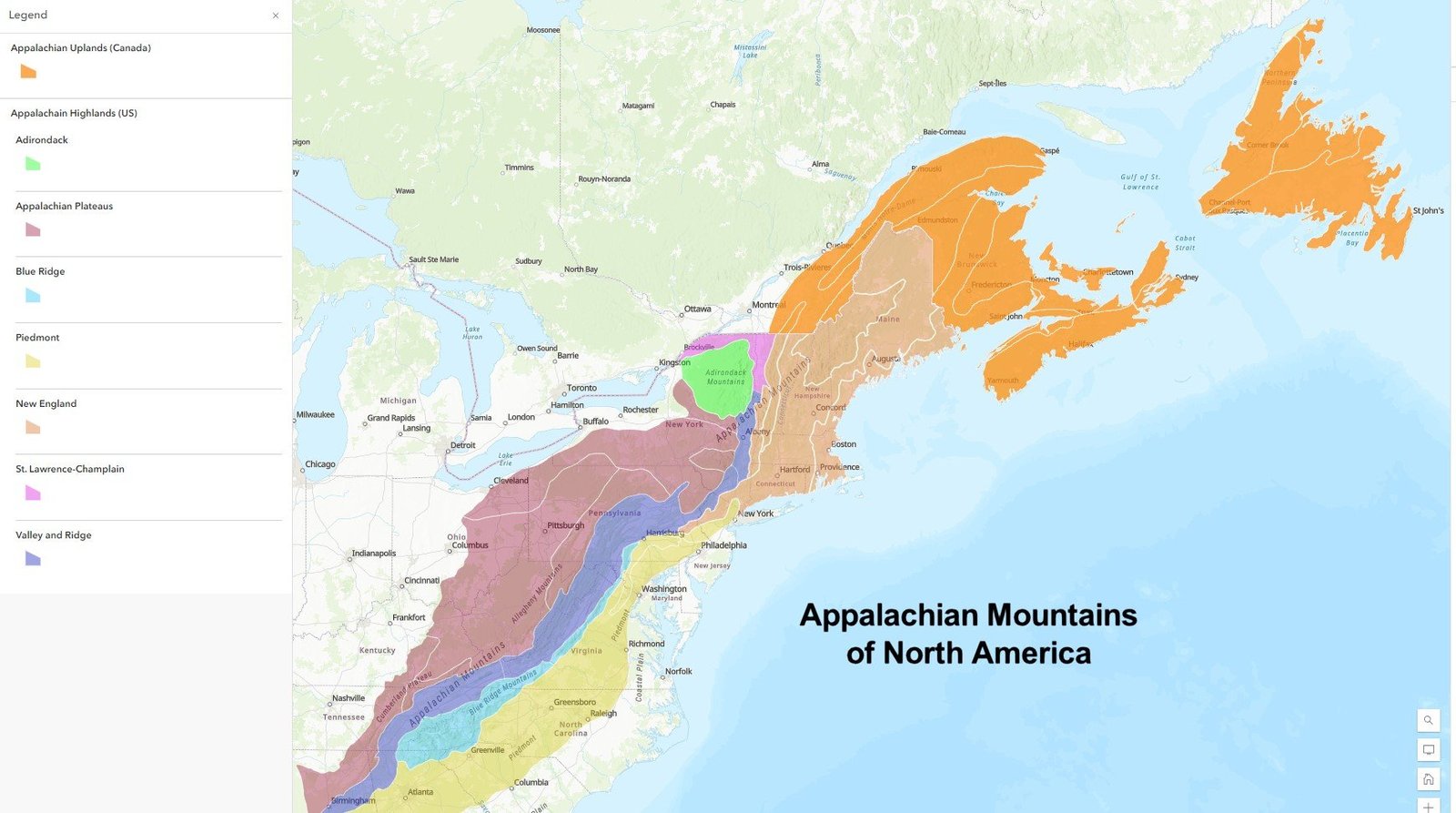Navigating the rugged terrain of the Appalachian Mountains demands exceptional footwear that combines durability, comfort, and protection. Hikers face challenging landscapes ranging from rocky mountain paths to wet forest trails, requiring specialized boots that can withstand extreme conditions while providing superior support and traction. The right Appalachian hiking boots can make the difference between an enjoyable trek and a painful journey.
What Makes Appalachian Hiking Boots Unique?

Appalachian hiking boots are specifically designed to handle the diverse and challenging terrain of the mountain range. Unlike standard hiking footwear, these boots offer:
- Enhanced ankle support for uneven mountain trails
- Superior waterproofing technologies
- Aggressive traction patterns
- Lightweight construction for long-distance hiking
Top Performance Boots for Mountain Trails
| Boot Model | Weight | Waterproof Rating | Price Range | Key Features |
|---|---|---|---|---|
| Merrell Moab 3 Mid | 26 oz | M Select DRY | $130-$160 | Vibram sole, breathable membrane |
| Salomon X Ultra 4 Mid GTX | 24 oz | Gore-Tex | $150-$180 | Advanced chassis system, superior grip |
| KEEN Targhee III Mid WP | 25 oz | KEEN.DRY | $140-$170 | All-terrain outsole, leather construction |
How to Select the Right Appalachian Hiking Boots?

When choosing Appalachian hiking boots, consider these critical factors:
- Terrain Compatibility
- Rocky mountain paths
- Forest trails
- Stream crossings
-
Steep ascents and descents
-
Material Considerations
- Full-grain leather for durability
- Synthetic materials for lightweight performance
- Waterproof membranes
- Breathable construction
What Technologies Enhance Mountain Trail Performance?
Modern Appalachian hiking boots incorporate advanced technologies:
- Waterproofing Membranes
- Gore-Tex
- M Select DRY
-
KEEN.DRY technologies
-
Traction Systems
- Vibram TC5+ outsoles
- Contagrip technology
- Multi-directional lug patterns
Trail Runner Alternatives for Lightweight Hiking
For hikers preferring minimal weight, trail runners offer excellent alternatives:
- Altra Lone Peak 7
- Zero-drop platform
- Wide toe box
-
Breathable mesh upper
-
Hoka Speedgoat 5
- Maximum cushioning
- Excellent shock absorption
- Smooth stride design
Maintenance and Care for Long-Lasting Performance
Proper boot maintenance extends the life of your Appalachian hiking boots:
- Clean after each hike
- Apply waterproofing treatments
- Dry naturally away from direct heat
- Replace worn insoles
- Inspect for damage regularly
Expert Recommendations for Mountain Trail Footwear
Professional hikers and mountain guides consistently recommend investing in high-quality, purpose-built Appalachian hiking boots. The right footwear can prevent injuries, provide comfort, and enhance overall hiking performance.
Pro Tips for Boot Selection
- Try multiple sizes and brands
- Consider your specific hiking style
- Prioritize comfort over brand reputation
- Invest in quality socks
- Break in boots before long treks
Budget Considerations for Quality Boots
Appalachian hiking boots range from $130 to $250, with most high-performance models averaging $160-$200. While initial investment seems high, quality boots prevent potential injuries and provide long-term value.
Final Thoughts on Mountain Trail Footwear
Selecting the perfect Appalachian hiking boots requires careful consideration of personal needs, terrain challenges, and individual comfort preferences. By understanding key technologies and performance features, hikers can make informed decisions that enhance their mountain trail experiences.

